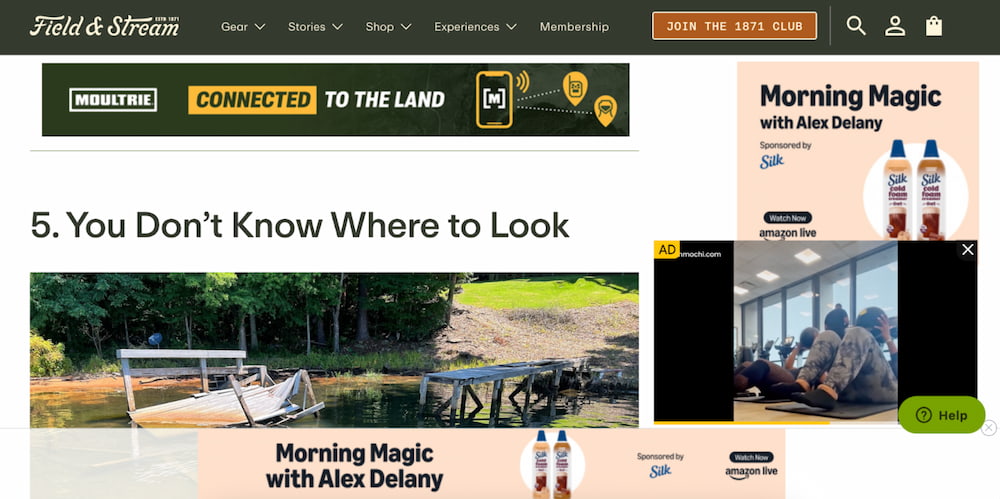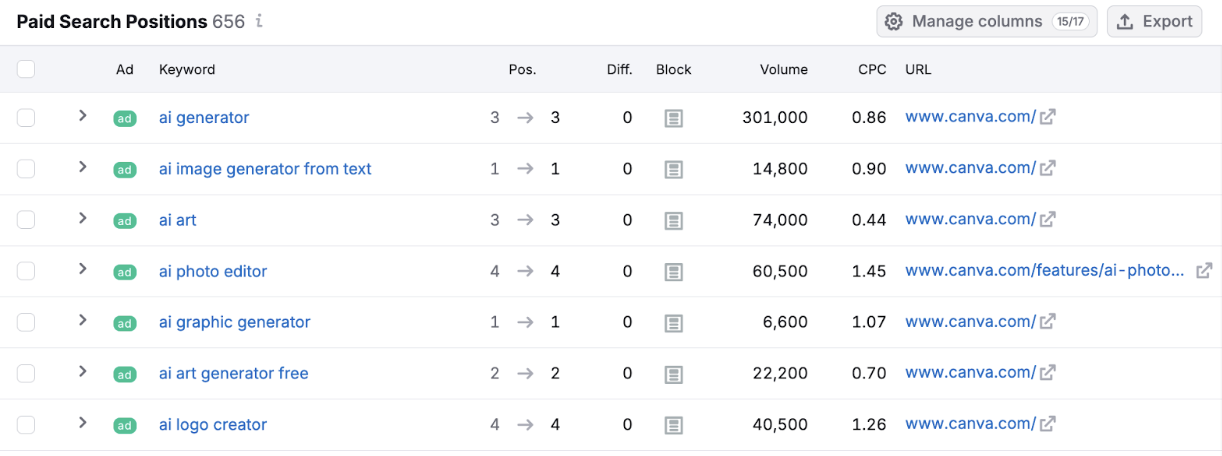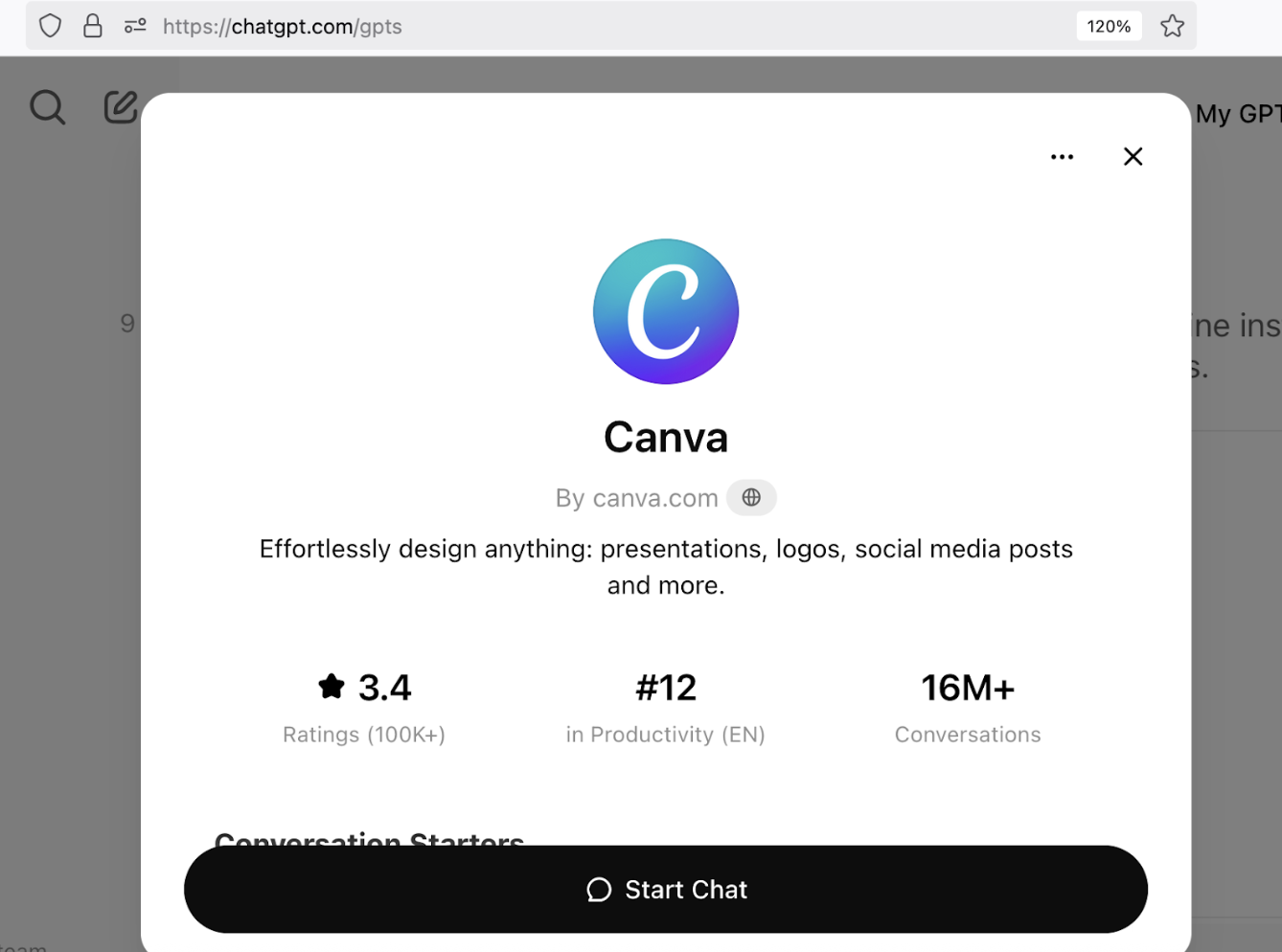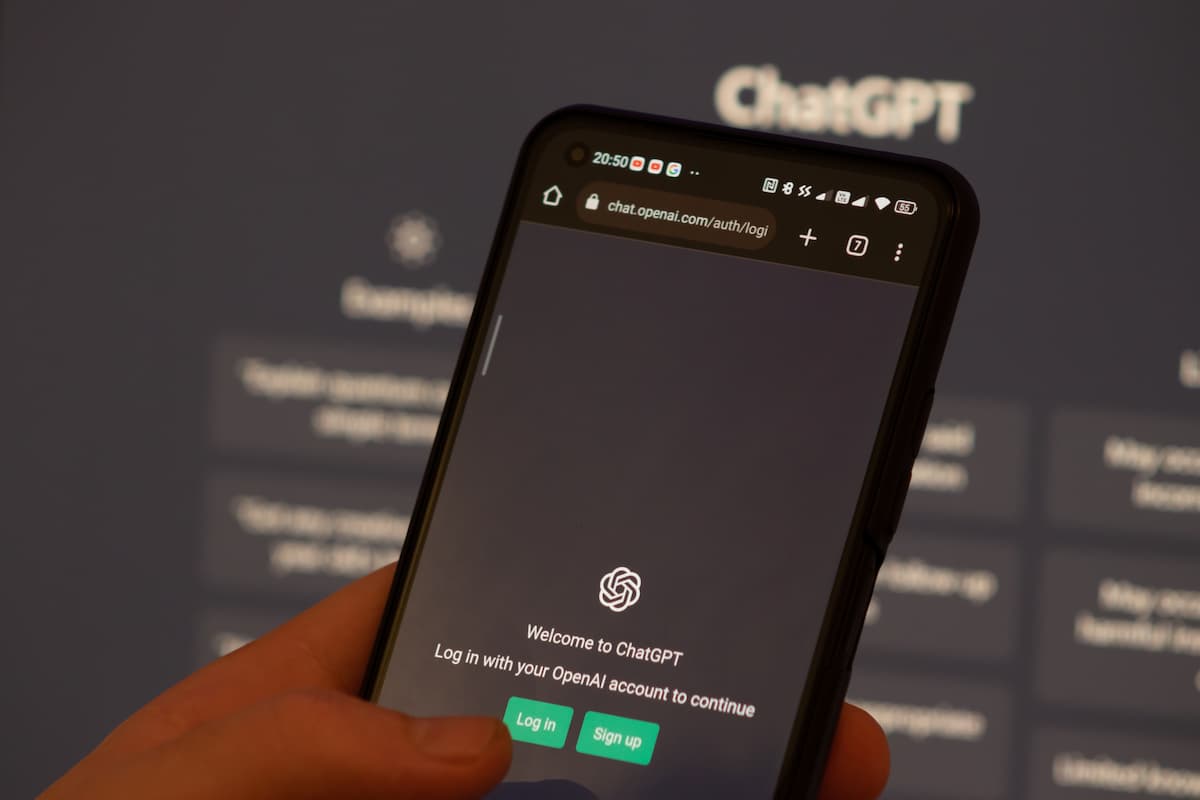SEO IS DEAD! Ok but… Who Dunnit?

- Who Put SEO on the Chopping Block? Spoiler: It’s Not Who You Think
- CSI: Search Engine Edition — Who Really Killed SEO?
HubSpot rocked the marketing world recently by revealing a staggering 70% drop in organic traffic.
For those living under a rock, HubSpot is an AI-driven platform that unites sales, marketing, and operations tools in one hub. It also runs one of the largest marketing blogs on the planet.
Shortly after the news broke, HubSpot’s CMO stepped in with a quick explanation, pointing to three key reasons behind the crash:
- Search engines now reward influence more than just raw information.
- Large language models like ChatGPT and Google AI encourage no-click searches.
- Transactional queries focused on products and actions are on the rise.
HubSpot’s plunge has sent shockwaves through the marketing world, stirring fierce debates among us marketers, causing some of us to question our very own existence (ok, maybe a tad dramatic)!
Is blogging still effective in today’s AI-driven search landscape? What does this mean for SEO and digital marketing? “Is SEO …DEAD?!”
The answer is shifting fast, but one thing is clear… Brands are pulling back from blogs because they no longer see them as reliable revenue drivers (not since the early 2010s). The days when ebooks quietly padded the bottom line are long gone.
Is SEO …really DEAD?!
Well, sorta. Kinda. But not quite. SEO has evolved. Today, it’s just one lever in a much bigger growth marketing machine.
If you’re still betting everything on SEO alone, you’re already behind. People aren’t just searching Google or Bing anymore—they’re asking ChatGPT, scrolling TikTok, and watching YouTube.
But here’s the mystery: who—or what—actually killed SEO? And why are users flocking to other channels for answers?
Time to investigate the prime suspects.
So, Whodunit?
The decline of SEO isn’t the work of a single villain. Multiple forces have pushed users away from websites and Google’s traditional search pages.
It’s not just AI-powered answers shrinking organic results. Shifts in user behavior reveal the real story behind SEO’s slide.
Suspect #1: Websites Suck
Old. Slow. Unfriendly on mobile. Despite Google making Core Web Vitals a massive thing that could impact rankings, people continue to ignore the red flags! Many sites fail to meet Google's Core Web Vitals. Users bounce fast when sites load sluggishly or frustrate them, and search engines notice.
Suspect #2: Web Ads Also Suck
Publishers and bloggers are losing organic revenue, so ads have multiplied to the point of overload. Pages burst with intrusive ads blocking the content users came for. Ain’t nobody got time for that!
Instead of building trust, ads erode it.
Take the screenshot below, for example, where users looking for simple information and tips about fishing are met with an overwhelming number of ads, which frankly, do nothing to make a site trustworthy.

Suspect #3: Google and Reddit’s Unholy Alliance
Google’s cozy new friendship with Reddit has flooded search results with “real-world” answers, covering everything from healthcare to finances, without much thought to credibility. Suddenly, any 13-year-old Redditor can claim to be an expert, free to say whatever they want.
Lily Ray called out a perfect example on LinkedIn: search “how to lose 10 pounds in 1 week” on Google, and you might find a Reddit answer suggesting you “cut off your arm” sitting proudly on page one.
So, what’s the real value in Reddit’s answers when anyone, no matter how clueless, can shout their opinion from the digital rooftops without a shred of proof?
Suspect #4: Sponsored Products Without Trust
Search for product reviews or “best of” lists, and you’ll quickly hit a wall of affiliate links. It’s the game of affiliate marketing… get clicks, earn commissions. But here’s the catch: it leaves you wondering, “Can I really trust this recommendation?”
The honest answer? Not always. Sponsored picks often chase the biggest payouts, not the best quality. That means you might be sold on what’s heavily promoted, not what actually works.
Suspect #5: The TikTok Revolution
The younger crowd? They’ve spoken. TikTok is winning! It’s not just a better experience; it’s bite-sized, snackable videos that deliver info fast and keep your attention just long enough.
Jeremy Goldman pointed out in EM Marketer that nearly 10% of Gen Z now prefer TikTok over Google for info searches. Four percent actually use TikTok as their go-to search engine, and a whopping 51% say they like it better than Google.
With so many topics covered in just seconds, it’s no surprise TikTok is stealing the search spotlight from traditional engines.
Suspect #6: The Myth of Longform Content
When Google cracked down with its “helpful content” updates, many thought long-form blog posts covering every angle of a topic were the new standard. But marketers stuffed these posts with so much fluff and keyword noise that readers started ditching them for quick YouTube videos instead.
Why slog through a 3,000-word article that begins with “What is a teacher?” when you just want to know how to become one? People always choose what’s easier to digest and demands less of their attention.
Suspect #7: Buried Organic Listings
Search results pages are drowning in sponsored ads. Whether you’re looking for info, directions, or to buy something, your screen is flooded with Search, Shopping, and Local Service ads.
But ads aren’t the only problem. AI Overviews are hogging the prime real estate, pushing organic results out of sight. Google’s burying links to cash in fast, while AI delivers quick answers that keep users from digging deeper or even scrolling past.
And that brings us to…
Suspect #8: AI Overviews Are Often Wrong
AI Overviews are not exactly reliable. They are known for providing wildly inaccurate information.
The MIT Technology Review exposed some wild blunders… like suggesting you “add glue to pizza” or “eat a small rock every day.” Even Google admitted in 2024 that their AI can churn out “some odd and erroneous overviews.”
If these AI answers are supposedly sourced from search results, how can anyone trust them? Instead, they push users away from real, trustworthy information that ends up buried beneath the noise.
Why SEO is Really Dead This Time
SEO, as we knew it, has hit a crossroads. Simply ranking organically no longer cuts it, and HubSpot’s massive traffic plunge proves the ground is shifting beneath digital marketing.
Google’s updates have shoved organic results deeper into the shadows, buried beneath layers of sponsored ads, shopping links, and AI-generated answers pulled from trusted sources. Organic traffic now fights for scraps, click-through rates are tanking, and user trust is slipping faster than ever. SEO alone cannot hold the fort anymore.
Meanwhile, younger users, especially Gen Z, are rewiring how they find information. They crave quick, visually rich content that fits their shrinking attention spans, turning naturally to TikTok, YouTube, and Instagram. These platforms are fast becoming the new search engines, delivering instant gratification and engagement that blogs and traditional SEO just cannot match.
SEO used to be a steady ROI machine. Not anymore. Marketers are pivoting to omnichannel strategies, mixing social media, paid ads, SEO, and PR to break through the noise. The result is bigger budgets and fiercer competition for brands trying to stand out online.
So, what is the answer? What does this mean for the future of marketing?
SEO Dying Does Not Mean the Death of Marketing
SEO has grown into something far more complex than simple rankings. It is about mastering a vast marketing landscape that demands flawless core web vitals, a smooth mobile experience, and genuine authority built on quality content.
But this is only the beginning. To increase brand visibility, engagement, and conversions and to secure a place in AI-generated answers on platforms like GPT and Perplexity, businesses must compete across every marketing channel available.
Whether you call it SEO, GEO, AIO, or any other trendy term, the rule remains the same: provide real value to users and establish yourself as a trusted expert in your field. Expertise is still the most powerful tool marketers have. The so-called death of SEO does not spell the end of marketing; it signals a call to evolve, grow, and succeed in a rapidly changing digital world while holding on to SEO’s fundamental principles.
In the end, Google has made one thing clear: it is not about what they want but about what users truly need.
It Begins and Ends with the Customer, Not the Search Engine
The customer’s needs drive everything. Google’s updates reflect this reality—even if imperfectly.
What do users want? Clear answers, smooth experiences, and proof that brands deliver value.
No one cares about five blog posts justifying why design tools matter—they want proof that those tools work.
The Canva Example
Canva delivers solutions for every kind of business, from in-house teams to agencies. It also gives small companies, startups, and freelancers fast and easy tools to create content on the fly.
Canva gets it.
Take their AI image generator, for example. It provides startups and budget-conscious users with an affordable and accessible way to craft art, brand kits, and more. Canva has fine-tuned its SEO to claim the top spot for “ai image generator,” beating out Adobe and landing just below Gemini’s sponsored post.

They also invest heavily in SEM, targeting AI-related keywords to capture more space on search results pages. Canva dominates paid search for terms like “ai generator,” “ai photo editor,” and “ai logo creator,” as shown by SEMrush Paid Search Positions.

Canva has also doubled down on AI-powered integrations, putting them a step ahead of the competition. Their ChatGPT integration alone has sparked more than 16 million conversations.

Canva doesn’t just dominate search ads and AI tools; they also weave social media ads into their marketing strategy. You’ll find them in sponsored spots on TikTok, YouTube, and other popular platforms.

Google’s ad transparency platform reveals Canva’s video ads, which reach viewers on YouTube through precise algorithms and targeting.
Together, these strategies have propelled Canva’s platform to new heights, earning them mentions in AI-generated results. Search for “What is the best AI image generator for a solopreneur?” and you’ll see Canva front and center. Canva shows up:

Canva knows exactly what their users want, how they behave, and what experiences they value across multiple platforms. SEO has always revolved around search intent, user experience, and audience insight. But when search optimization teams up with other channels, brands can become destinations themselves, cutting through Google’s search result monopoly.
The Murder Mystery of SEO is Not As Straightforward as It Seems
SEO isn’t dead, it's evolving. The quick transformation of how users behave in digital platforms, what they prefer to navigate, and Google's relentless pursuit of AI integration only serve to urge marketers and businesses to adapt. Brands can no longer rely solely on traditional organic rankings to drive sustainable growth and visibility.
An omnichannel approach will draw the best outcomes, improving short-term and long-term conversions and a customer’s lifetime value. Diversifying marketing across channels like SEO, PPC, Social Media, and AI Integration is the blueprint for sustained success. Search Engine Optimization is just a part of it.


.png)


